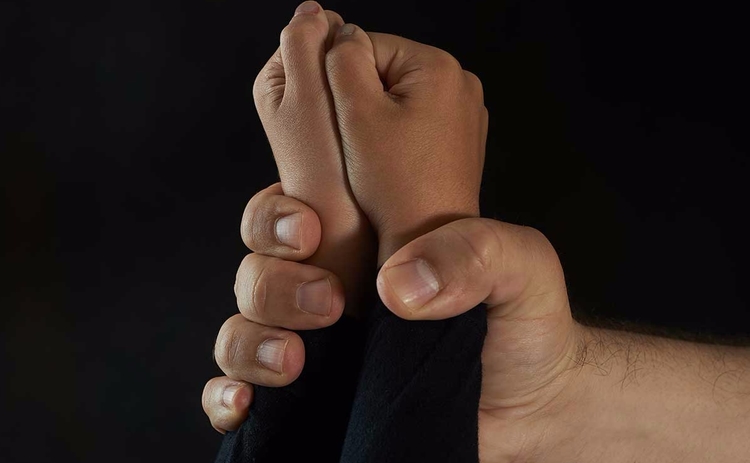It is time to wage war against sexual abuse
Child sexual abuse is on the increase in Nigeria. Rape is a type of sexual assault usually involving sexual intercourse or other forms of sexual penetration carried out against a person without the person’s consent. The act may be carried out by physical force, coercion, abuse of authority, or against a person who is incapable […]

Child sexual abuse is on the increase in Nigeria. Rape is a type of sexual assault usually involving sexual intercourse or other forms of sexual penetration carried out against a person without the person’s consent. The act may be carried out by physical force, coercion, abuse of authority, or against a person who is incapable of giving valid consent, such as one who is unconscious, incapacitated, has an intellectual disability or is below the legal age of consent .
People who have been raped can be traumatized and develop post-traumatic stress disorder. Serious injuries can result, along with the risk of pregnancy and sexually transmitted infections.
Nigeria’s sexual violence has become an increasingly prevalent act over the years. There has been little implementation of policies that treat sexual violence as a serious crime, which has led to perpetrators walking free.
It could be recalled that since the beginning of the first wave of feminism movement in Nigeria, rape has been underscored as a serious crime, particularly in the second wave of feminism. But as today, adequate measures are not put in place to curtail the challenges of rape. Rapists are allowed to go free without facing the law.
Nigeria’s 2013 Sexual Offence Bill highlights sexual violence-related crimes and the punishments that should go unquestioned. However, the bill has not been that effective as rapists continue to be liberated despite their crime.
Therefore, if the Nigerian government has little to do against sexual abuse, Nigerians on their own part need to let their voice be heard. Nigerians should call upon the government through safe protest, the use of the social media and letters to the senators, letting them know that enough is enough.
Unfortunately, sexual violence is highly stigmatised in Nigeria, which has forced many victims to remain silent. But that is not a remedy to the wound.
Victims need to inform necessary authorities when ever they are sexually abused because letting perpetrators walk free will only lead to more cases of rape and injustice for victims of sexual violence.
Ezekiel Sunday, Department of Mass Communication, University of Maiduguri.
